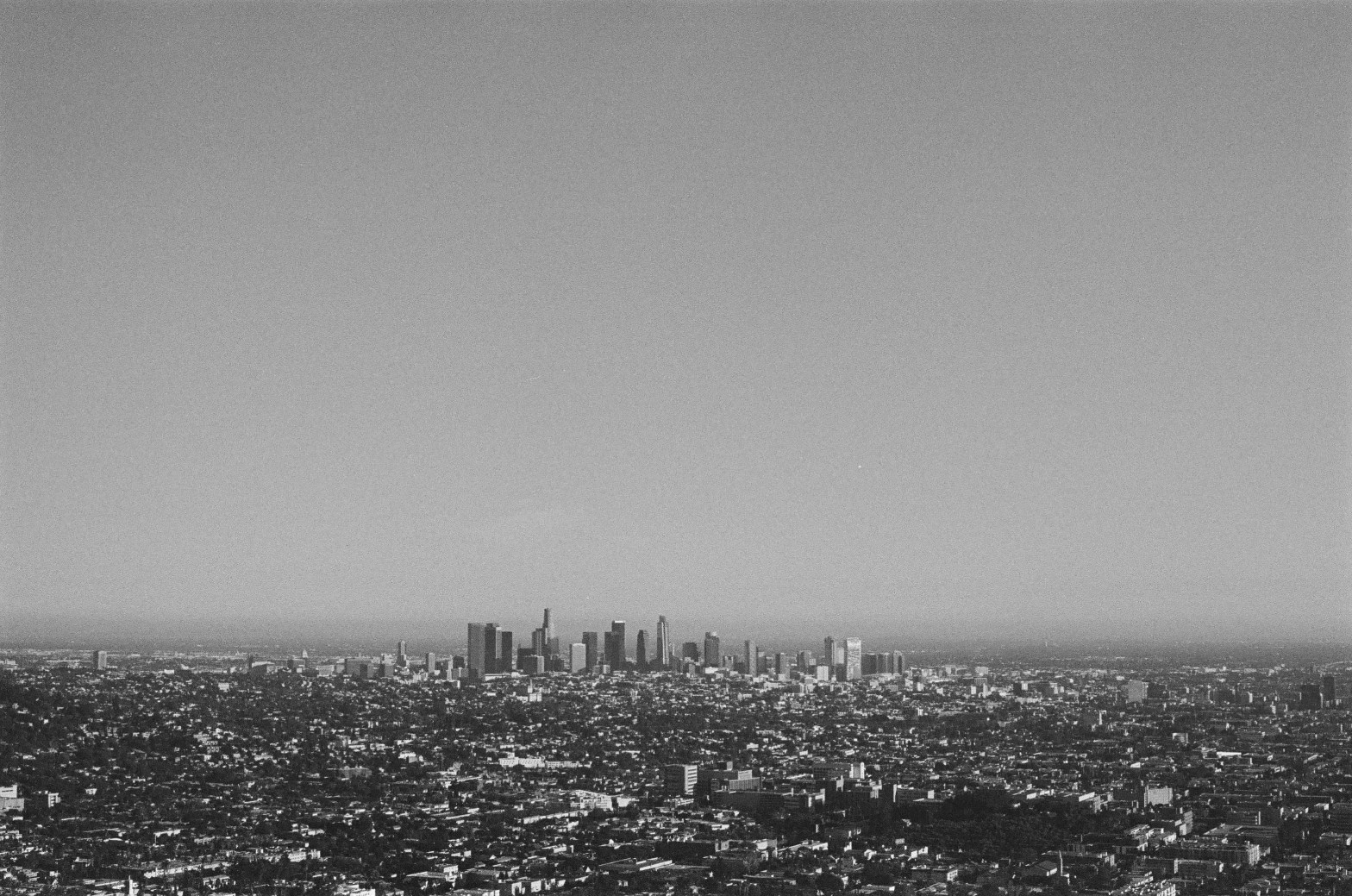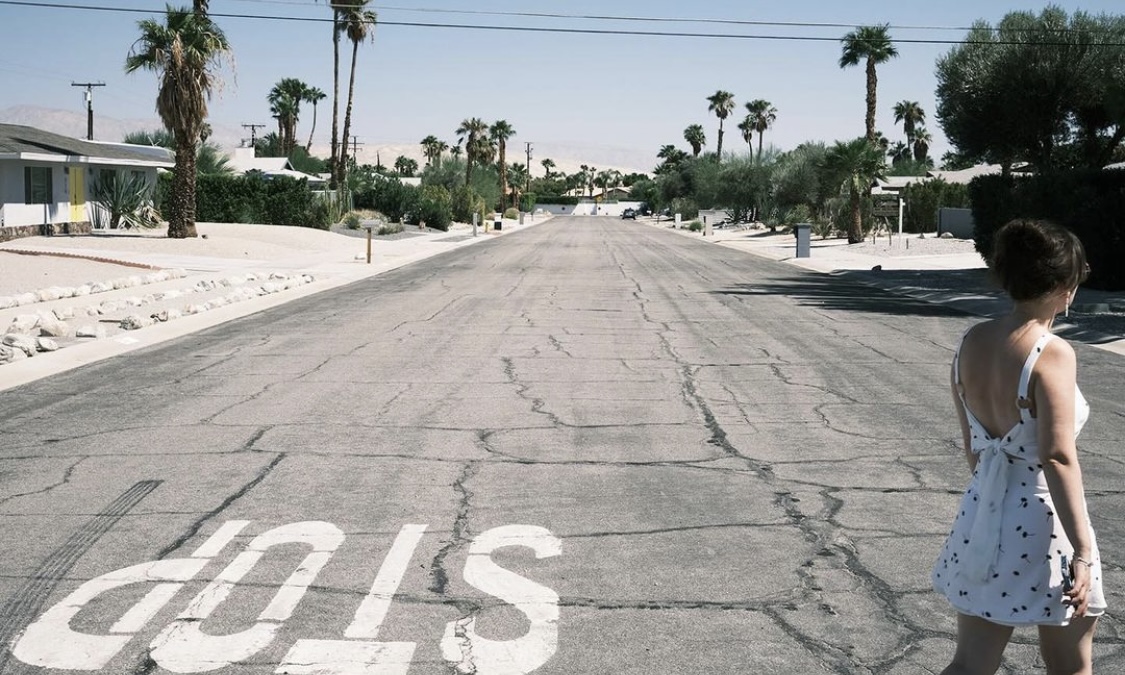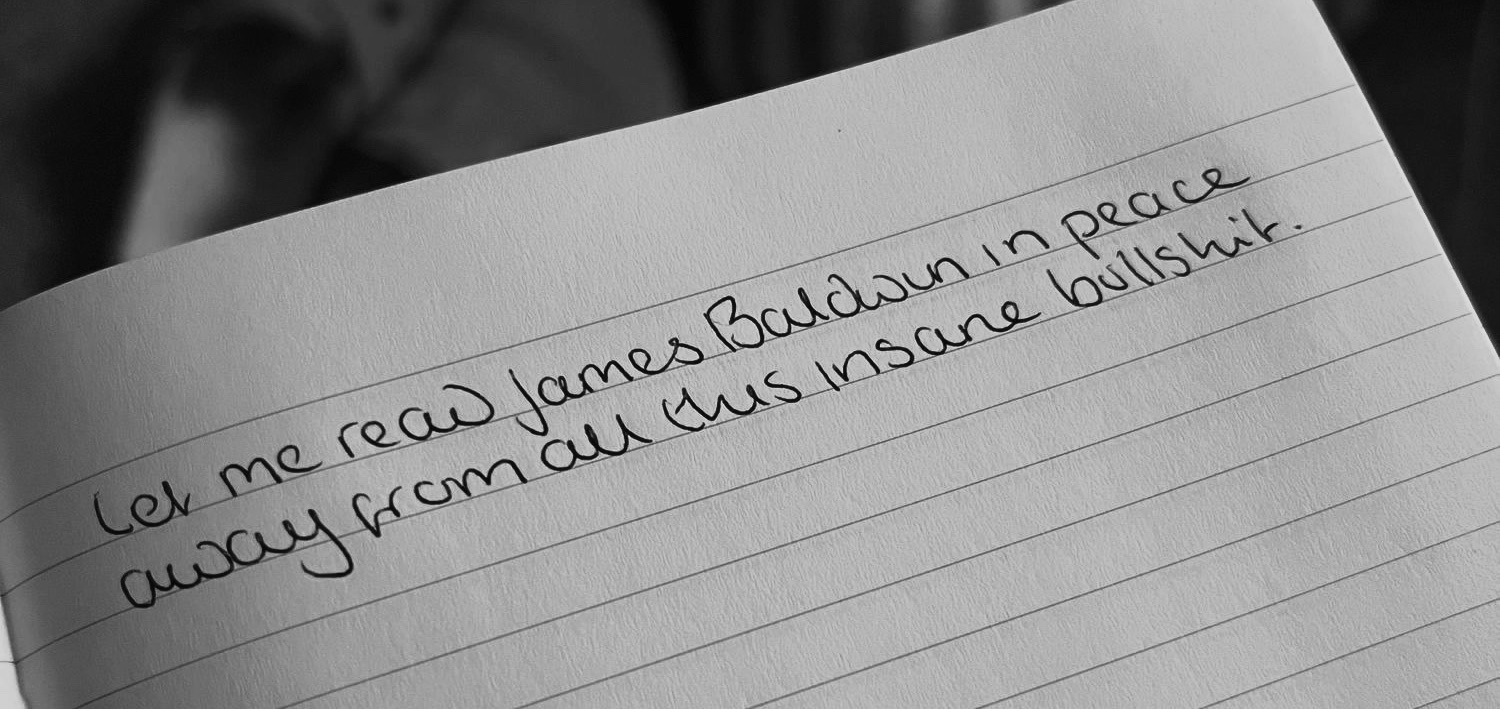To shift the structure of a sentence alters the meaning of that sentence, as definitely and inflexibly as the position of a camera alters the meaning of the object photographed. Joan Didion I have never been to California. I wonder, should I be exposed to its reality, if what I choose to write would differ.Continue reading "Notes on a West Coast"
One long week in soft focus
I am thinking about holidays and sunshine and how the light bounces and the way everything appears more serene just because it is golden hour and how you can feel the weight of the day sinking as the heat and the bright relaxes itself into the earth until you have no choice but to joinContinue reading "One long week in soft focus"
On Motherhood
I am not a mother. There have been several points over the last few years when I believed I was going to be, and that I would be soon however, this now seems like a distant possibility. I have always wanted to be a mother. When people meet me, they are usually introduced quite quickly to myContinue reading "On Motherhood"
On Endings I: It’ll Pass
It is beginning to feel like you never even existed. Yet noting down the date you will return my belongings serves as a stark reminder that you did, and I loved you, and you let me believe you loved me too. Until, over the course of a few, short, hysterical, un-rememberable weeks you repeatedly brokeContinue reading "On Endings I: It’ll Pass"
On Love & Honesty
Love takes off the masks that we fear we cannot live without and know we cannot live within. I use the word "love" here not merely in the personal sense but as a state of being, or a state of grace - not in the infantile American sense of being made happy but in theContinue reading "On Love & Honesty"
On Being a Woman (IV) & Being Stripped of Our Rights
This piece was written on the 24th June 2022. Today is a monumental day. It is a monumental day in the same way that for our grandmothers, just shy of fifty years ago, it was a monumental day. It’s not even taken half a century. In under half a century, a progression of maybe two generations, women’sContinue reading "On Being a Woman (IV) & Being Stripped of Our Rights"
On Being a Woman Part III: International Women’s Day Edition
In March, NRTH LASS published the latest in my On Being a Woman collection, a reflection on Women’s Rights on International Women’s Day. The other day, I put forward the offer to write a piece for International Women’s Day. I had just finished The Female Eunuch and purchased The …On Being a Woman Part III:Continue reading "On Being a Woman Part III: International Women’s Day Edition"
Upon the Death of my Favourite Author
In December I was asked by NRTH LASS to pen a tribute to Joan Didion, following her death. Here you can read my thoughts on her passing, grief more generally and how she has influenced the writer I am/am still becoming. There is a distinct comfort in knowing that certain people are still around. AContinue reading "Upon the Death of my Favourite Author"
On Being a Woman Part II: The Right to Choice
Belatedly adding some externally published writing to my own blog today, including this addressing the regression of reproductive rights in Texas last year. Dr John Sharpe of London, who in 1957 took the considerable risk of referring for an abortion a twenty-two-year-old American on her way to India. …On Being a Woman Part II: TheContinue reading "On Being a Woman Part II: The Right to Choice"
On Emerging from Lockdown
Humans have a unique capacity for adaptability. This is often seen as a trait, something you either have or you don’t, an asset to put on your CV …On Emerging from Lockdown Another essay of mine, On Emerging from Lockdown, is available to read over on the NRTH LASS website. I discuss how this couldContinue reading "On Emerging from Lockdown"
On Being a Woman
This is the kind of narrative that could begin with a trigger warning. I’ve never started anything with a trigger warning, and I don’t intend to now.…On Being a Woman My essay, On Being a Woman, is available to read over on the NRTH LASS website. I discuss my anger, my feminism and hopefully offerContinue reading "On Being a Woman"
On Lockdown
I made a conscious decision in March to not try and articulate the reality, implications or opinions I have on being in the midst of a global pandemic. Honestly, everything is saturated with this. Of course it is. Everything was saturated with this before it truly hit European territory. My mind was saturated with thisContinue reading "On Lockdown"
You Never Take the Cover off the Car and it’s Infuriating
You never take the cover off the car and it’s infuriating. It’s infuriating as it demonstrates to the rest of the world just how incapable of living you are, your incapability to leave the house, your inability to exist alongside others, to interact with civility. It demonstrates just how successfully you have achieved a completeContinue reading "You Never Take the Cover off the Car and it’s Infuriating"
On Reading
Today I have read two books written by women, in fact I can’t remember the last time I read a book written by a man. I chose both these books for relatively straightforward reasons. One claimed to be a response to George Orwell’s essay Why I Write, and the other presented itself as a ‘manifesto forContinue reading "On Reading"



